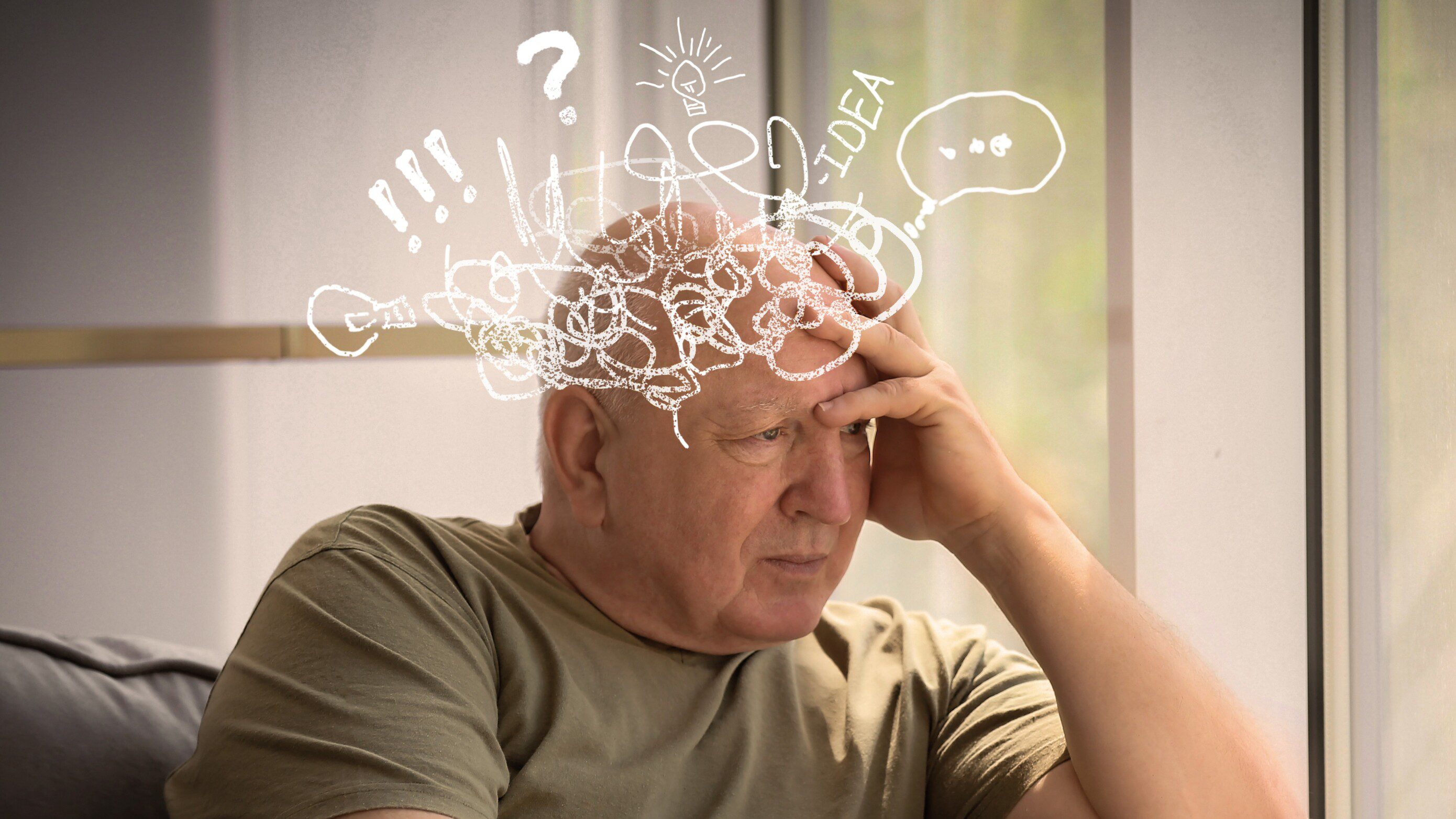Caring for seniors presents unique challenges, especially when mental confusion sets in. Delirium and dementia are two conditions that often cause confusion among caregivers. Both involve cognitive changes, but understanding the difference is critical to providing the best care.
What is delirium?
Delirium is a sudden change in mental function that can occur over a period of hours or days. It is usually caused by an underlying medical problem, such as an infection, dehydration or a reaction to medication. Symptoms often include confusion, difficulty concentrating and changes in consciousness. Delirium may fluctuate throughout the day, with periods of lucidity followed by sudden confusion.
One of the key points is that delirium is reversible with proper medical treatment. Once the underlying cause is treated, the confusion usually subsides. However, if left untreated, it can lead to serious complications, including permanent cognitive impairment.
What is dementia?
Dementia, on the other hand, is a progressive condition that develops over time. It is characterised by a slow decline in memory, judgement and reasoning abilities. Alzheimer’s disease is the most common form of dementia, but other types include vascular dementia, dementia with Lewy bodies and frontotemporal dementia.
Unlike delirium, dementia is irreversible. The cognitive decline associated with dementia is permanent, and caregivers must learn how to manage the long-term needs of persons with the disease. Symptoms often include memory loss, communication difficulties and personality changes.
Why are these two cases often mistaken for each other?
The main reason delirium is confused with dementia is that both conditions affect cognitive abilities. An older adult who experiences sudden confusion may be assumed to have dementia, especially if they are already showing signs of forgetfulness or mild cognitive decline.
In addition, delirium can sometimes occur in people with dementia. This overlap makes it difficult to recognize the sudden onset of delirium. A caregiver who does not recognize the differences may attribute the rapid changes to the progression of dementia, when in fact the person is suffering from a treatable illness.
Key differences carers should look out for
As a caregiver, it is essential to observe and document any sudden changes in mental function. Here are a few key differences to help distinguish delirium from dementia:
- Onset: Delirium appears suddenly, while dementia develops slowly over time.
- Fluctuation: symptoms of delirium can vary throughout the day, while symptoms of dementia are generally stable.
- Attention: people with delirium often have attention problems, while people with dementia can usually concentrate on tasks, especially in the early stages.
- Reversibility: Delirium can be reversed with treatment, while dementia cannot.
How to respond when delirium is suspected
If you suspect that a senior is suffering from delirium, immediate action should be taken. Alert your healthcare provider and report any symptoms such as sudden confusion or changes in consciousness. It is important to quickly identify and address the cause to prevent further health complications.
On the other hand, if you are working with a client with dementia, monitoring for any sudden changes is equally important. Changes in their normal behaviour may indicate a health problem unrelated to dementia, such as delirium or another medical condition.
Understanding the difference between delirium and dementia is essential to providing the right care. Although both conditions can manifest similarly, knowing the key differences helps caregivers act appropriately and ensure that clients receive the best treatment.
Are you ready to improve your caregiving skills and provide the best care possible? Join Atena’ s network of professional caregivers today. We offer ongoing support, training and opportunities to help you grow in your career while making a difference in the lives of those you care for.







